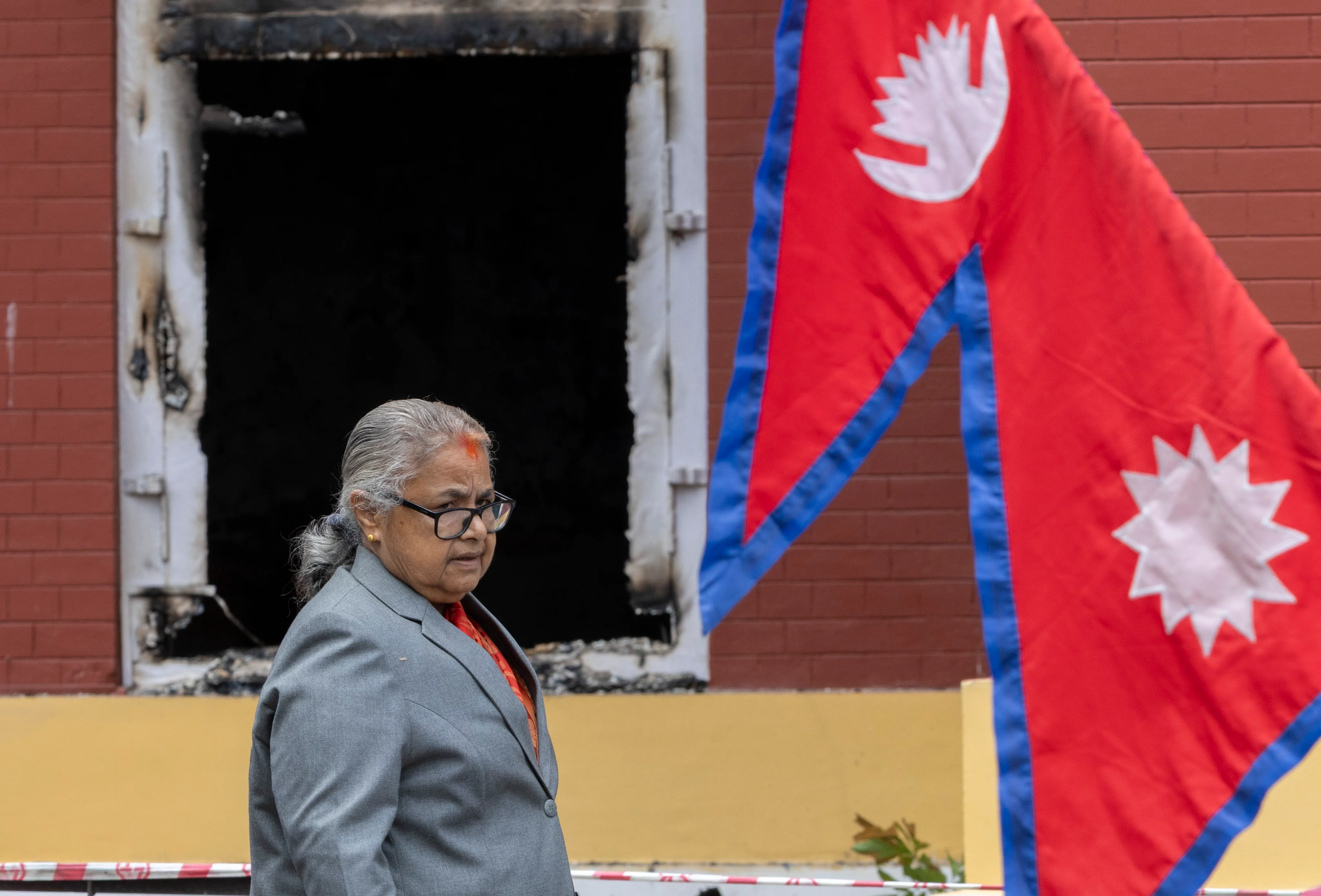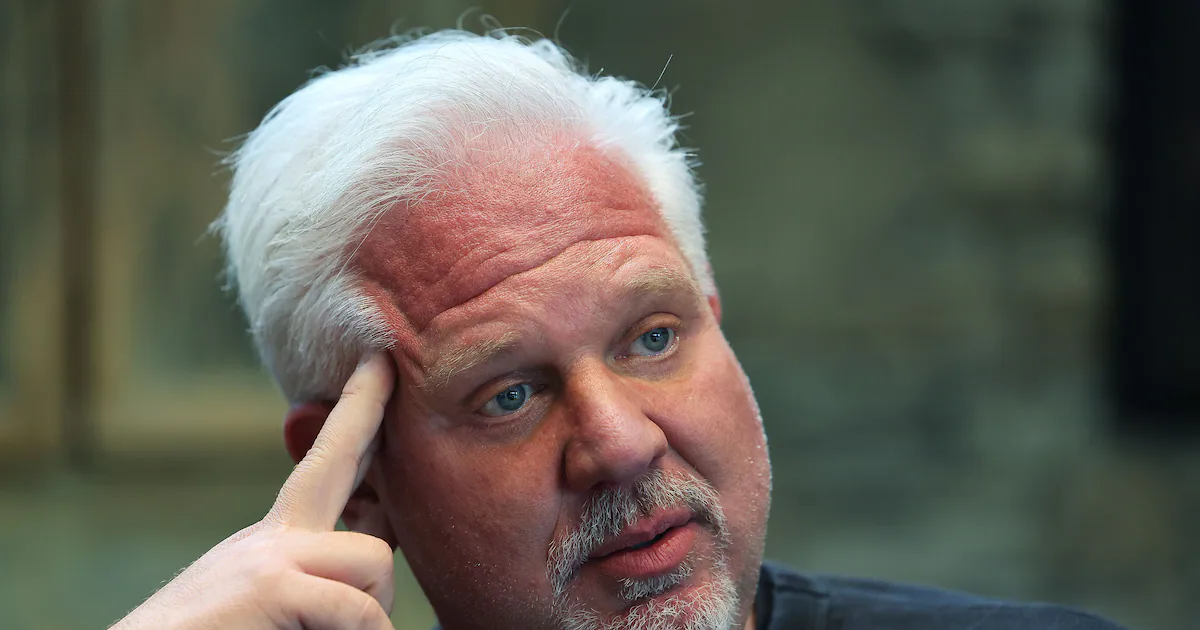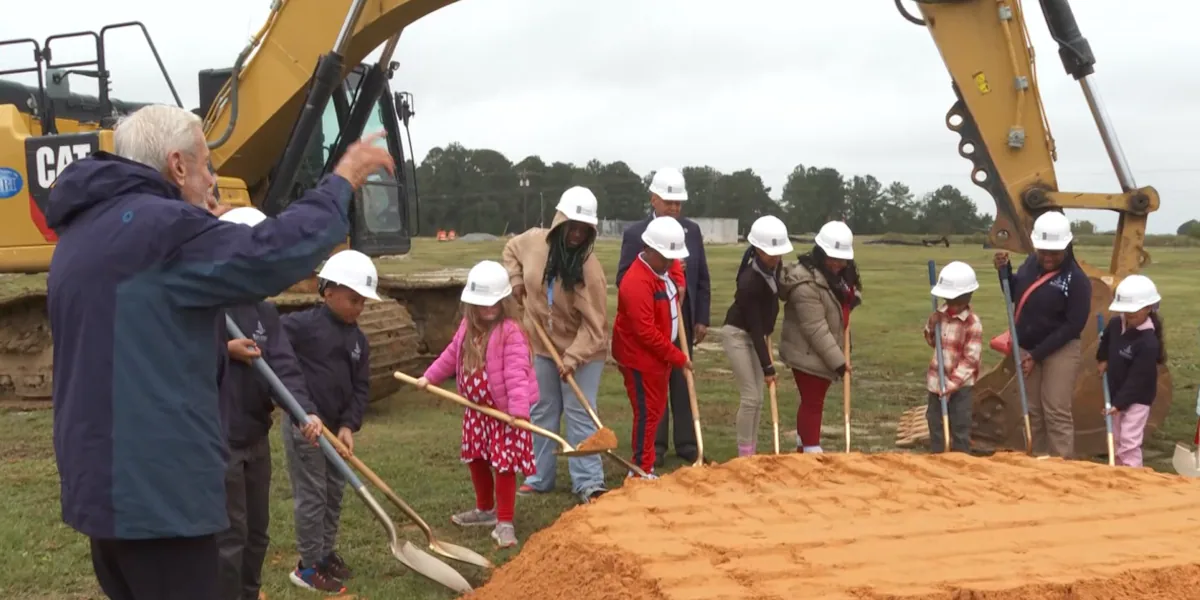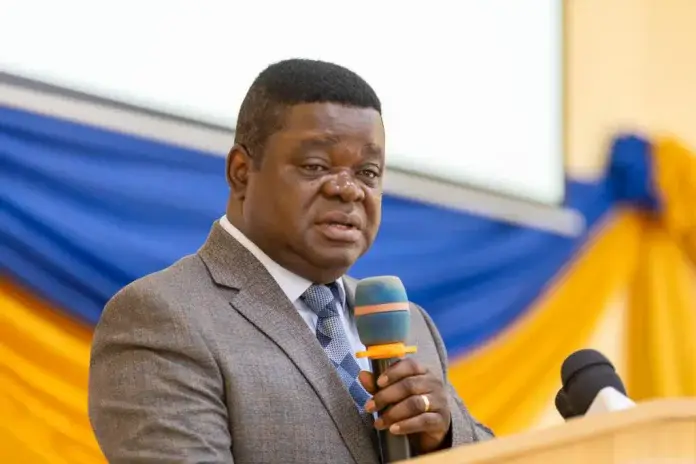Copyright news18
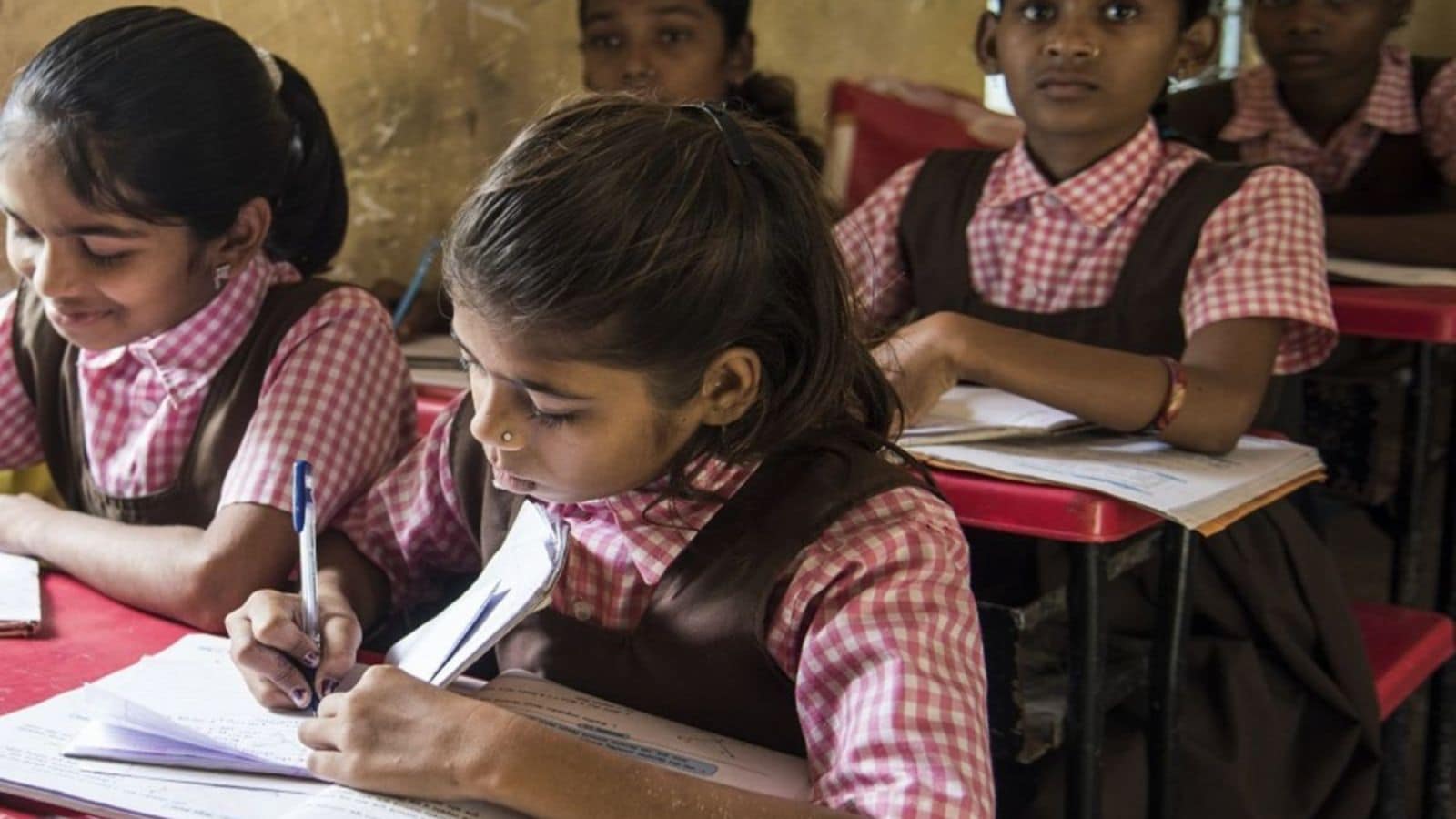
The Delhi government has decided to recognise private unaided schools in non-conforming areas, creating nearly 20,000 new seats for students from economically weaker sections, disadvantaged groups, and children with special needs, reported PTI. Delhi Education Minister Ashish Sood stated that this move aims to address a decade-old issue affecting numerous schools that have been operating without formal recognition due to procedural obstacles or the “discriminatory approach” of previous administrations. “For over a decade, this issue remained buried in files, denying children their right to education. Under Chief Minister Rekha Gupta, we have eliminated this selective discrimination. This is not only an administrative reform but also justice for our children and fairness for our institutions,” Sood said. The minister added that approximately 500 schools are expected to come under the Directorate of Education (DoE), ensuring legitimacy, regulatory oversight, and accountability. The Directorate annually receives around 2 lakh applications from the Economically Weaker Sections (EWS), Disadvantaged Groups (DG), and Children With Special Needs (CWSN) categories for about 40,000 seats, many of which remain vacant due to the shortage of recognised schools. The new recognition policy is expected to create around 20,000 additional seats, enhancing equitable access to education, the minister noted. According to the DoE, many private schools in Delhi have been operating without valid recognition, while some schools that were previously recognised failed to apply for extensions after their provisional approval expired. As a one-time opportunity in public interest, the education department invited applications from private unaided schools in both conforming and non-conforming areas seeking recognition. The process will strictly adhere to the Delhi School Education Act and Rules (DSEAR), 1973, the Right of Children to Free and Compulsory Education (RTE) Act, 2009, and other relevant instructions and circulars issued over time. The DoE’s online portal will be open for applications from November 1 to 30, 2025. Schools must submit documentation according to the 73-point pro forma prescribed by the DoE, which assesses legal, infrastructural, safety, emergency preparedness, and academic parameters. “Recognition will be granted only after detailed inspection and verification of compliance with all statutory requirements,” the department stated. The DoE has instructed all private unaided schools with expired provisional recognition to complete procedural formalities and secure an extension promptly. Failure to comply will result in penal action under Section 18 of the RTE Act, 2009, including a fine of Rs 1 lakh and an additional Rs 10,000 per day for ongoing violations. Administrative and statutory actions under the RTE Act and DSEAR may also be initiated. The department also clarified that reimbursement for admissions under the EWS, DG, and CWSN categories will only be considered for schools with a valid recognition letter from the DoE at the time of submitting reimbursement claims. The minister mentioned that the last recognition drive in 2013 benefitted only a few schools through selective approvals, while the new process ensures transparency and fairness. Recognition under the DSEAR and RTE Act requires compliance with norms related to infrastructure, safety, teacher qualifications, and fee transparency, and allows schools to upgrade to secondary and senior secondary levels. Parents are advised to enrol their children only in DoE-recognised schools to ensure certificate validity, safety compliance, and eligibility for government benefits. The government assured that no student will face disruption during the transition, as the process is designed to protect continuity of learning, the DoE added. Sood called this a “landmark decision,” adding that the reform legitimises academic operations, secures continuity of schooling, and reinforces the Delhi government’s commitment to inclusive, transparent, and accountable governance in education.
